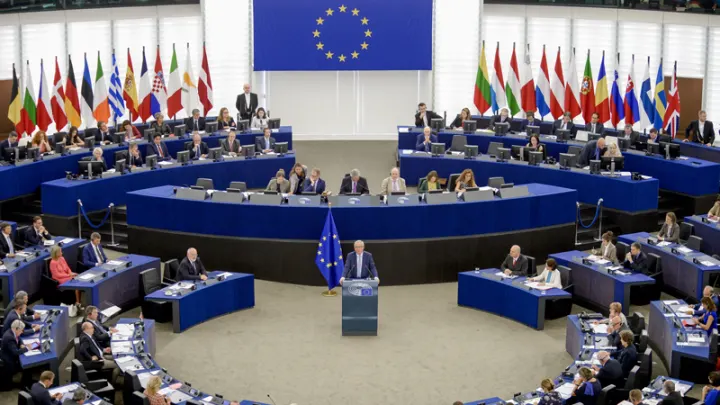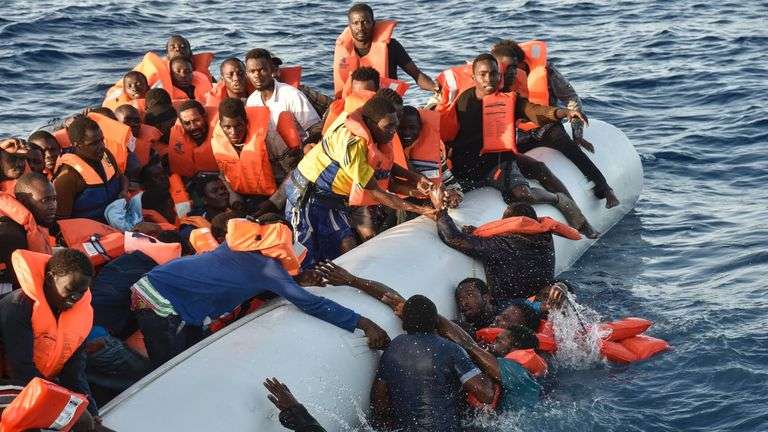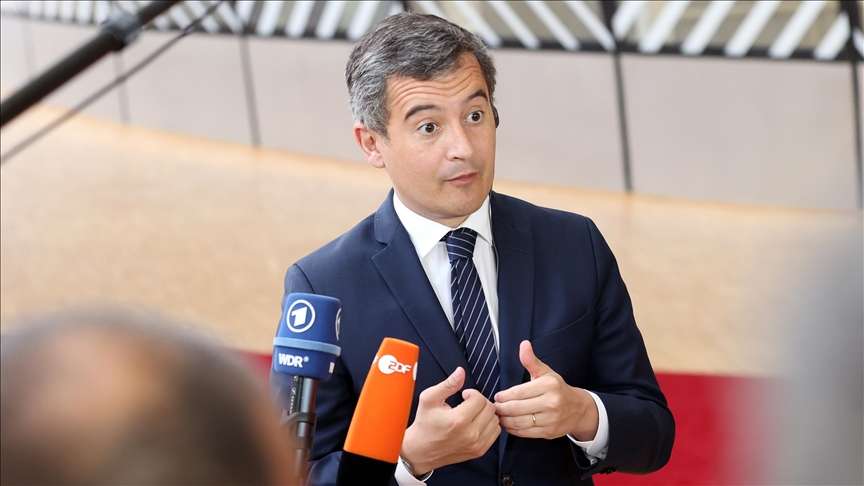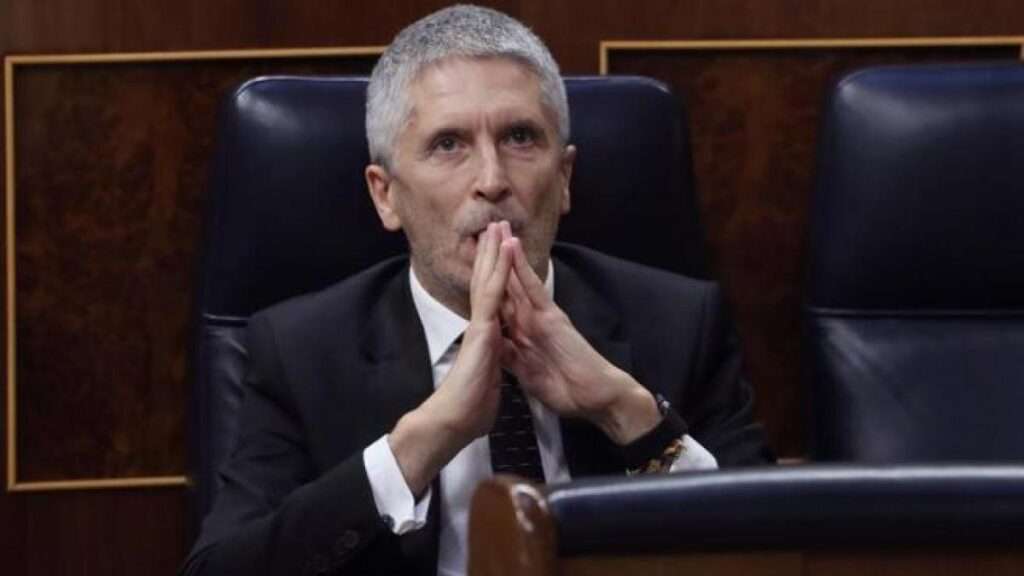Interior Ministers of the European Union, on Thursday, considered new policies for sharing of duties for migrants, who migrate to Europe without permit. This decision forms part of efforts to resolve one of the bloc’s most daring political issues.

In one of the EU’s biggest political crises, about a million Syrian refugees entered Europe, which however contributed to the collapse of Europe’s asylum system. Since then, rifts between the 27 EU member nations, have centered on who should be held accountable for illegal immigrants.

However, EU’s senior migration official, and Home Affairs Commissioner Ylva Johansson, arrived for the conference in Luxembourg, and declared it as “extremely important day” to end what has “been a marathon” crisis for Europe.
“Of this marathon, we have maybe 100 meters left. So, we are so close to actually find an agreement today,” Johansson said. “I expect the member states to be able to do the final extra meters to reach the agreement. If we are not united, we are all losers,” she added.

According to current regulations, nations where migrants first arrived at, are required to question, screen, and evaluate the requests of any potential asylum seeker. However, Greece, Italy, and Malta disagreed, and argued that, it would be extremely difficult to handle the influx of refugees.
Moreover, efforts to impose quota on nations to share migrants, were contested in court, and ultimately dropped. The EU nations now appear to be in agreement that, assistance must be obligatory, but could come in the form of financial aids, and other forms of support, rather than migrant sharing programs.
The EU’s current Swedish leadership, has put forward a mechanism under which nations, opposed to welcoming migrants may pay money in return. In the lead-up to the meeting, an estimated amount of 20,000 euros per immigrant were circulating.
According to diplomats, who spoke before the summit, a deal could only be reached, if major members like France, Germany, and Italy support the proposal. A “qualified majority” would be needed to approve the treaty, which is around two-thirds of the 27 members and, more importantly, roughly two-thirds of the EU’s population.

According to French Interior Minister Gerald Darmanin, there are lot more to be done on this “very difficult” problem, even when he has tendered in a compromise deal. Darmanin stated, “What we want to do is completely change the situation on migration”.
Fernando Grande-Marlaska, the Spanish Interior Minister, also stated that “if we don’t reach that agreement, I think that all of us will be losers.” Fernando said, Spain has struggled dealing with inflow of individuals, seeking entry from North Africa, through Spanish islands in the Atlantic.
Even if a political compromise is achieved, the member nations would still have to reach a comprehensive agreement with the European Parliament. The latter has an alternate definition of solidarity, and therefore call on nations to create comprehensive “annual migrant support plans” in the event of an urgent situation.

If the EU fails, the initiative may need to be discarded, or entirely reworked when it is taken up by the next European Commission, which would be the bloc’s executive body, and the new members of parliament following the elections in June.
Juan Fernando López Aguilar, a leading voice on immigration policy for the Spanish Socialist Party, said in April, “If we miss this chance to make it right, I don’t think we will have another.” “The message would be something like, hey, listen, it’s not going to happen. No, not now. Ever.”




















